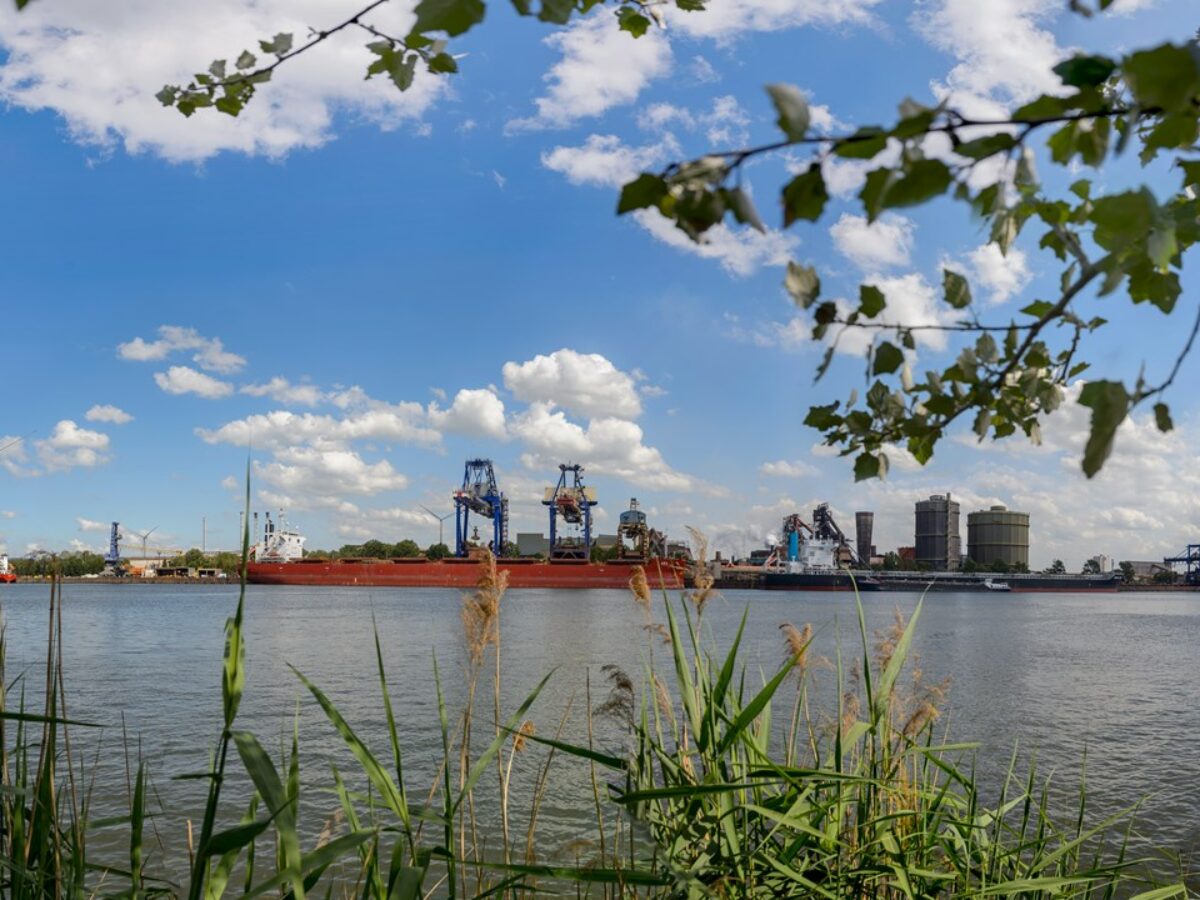Carbon capture trialled at ArcelorMittal steel plants

Steel-making giant ArcelorMittal has partnered with BHP and Mitsubishi to trial carbon capture technology at multiple steel plants across the world.
The agreement will see trials at ArcelorMittal’s steel plant in Gent, Belgium and another in North America, using carbon capture technology developed by Mitsubishi Heavy Industries Engineering (MHIENG) to reduce emissions at its operations.
“In Gent, the trial will have two phases. The first phase involves separating and capturing the CO2 top gas from the blast furnace at a rate of around 300kg of CO2 a day – a technical challenge due to the differing levels of contaminants in the top gas,” BHP said in an announcement.
“The second phase involves testing the separating and capture of CO2 from the off-gases in the hot strip mill reheating furnace, which burns a mixture of industrial gases including coke gas, blast furnace gases and natural gas.”
The project also plans to install the mobile test unit in one of ArcelorMittal’s North American Direct Reduced Iron (DRI) plants, to test Mitsubishi’s technology in this steelmaking process.
The companies will also conduct a feasibility and design study to investigate progress towards full-scale deployment.
There are currently no full-scale operational carbon capture, storage, and utilisation in blast furnace steelmaking works, with only a small number of limited of CCS pilot programs or planning projects around the world.
BHP’s Chief Commercial Officer, Vandita Pant, said: “There is currently no certain or single pathway to net zero for steelmaking.”
“CCUS is one of the key abatement technologies with potential to support development of some of those pathways, so working with industry leaders like ArcelorMittal, Mitsubishi Development and MHIENG, we hope to arrive at scalable solutions more quickly to help reduce carbon emissions in steelmaking,” she said.
MHIENG Chief Executive Officer, Kenji Terasawa, said: “The steel sector, as a major emitter of CO2, is still a new frontier for CCUS.
“Deploying our proven technology quickly and at scale could contribute to curbing emissions in the near term, while new technologies for low-carbon steelmaking are brought to market and scaled up.”
The steelmaking industry is responsible for between seven to nine per cent of global greenhouse gas emissions. The International Energy Agency said the industry needs to implement carbon capture, utilisation and storage technology to more than half of steel production by 2050, cutting the equivalent of 700 million tonnes of CO2 per annum, if the world is to reach a global net-zero emissions target.
@aumanufacturing Sections
Analysis and Commentary Awards casino reviews Defence Gambling Manufacturing News Online Casino Podcast Technology Videos





